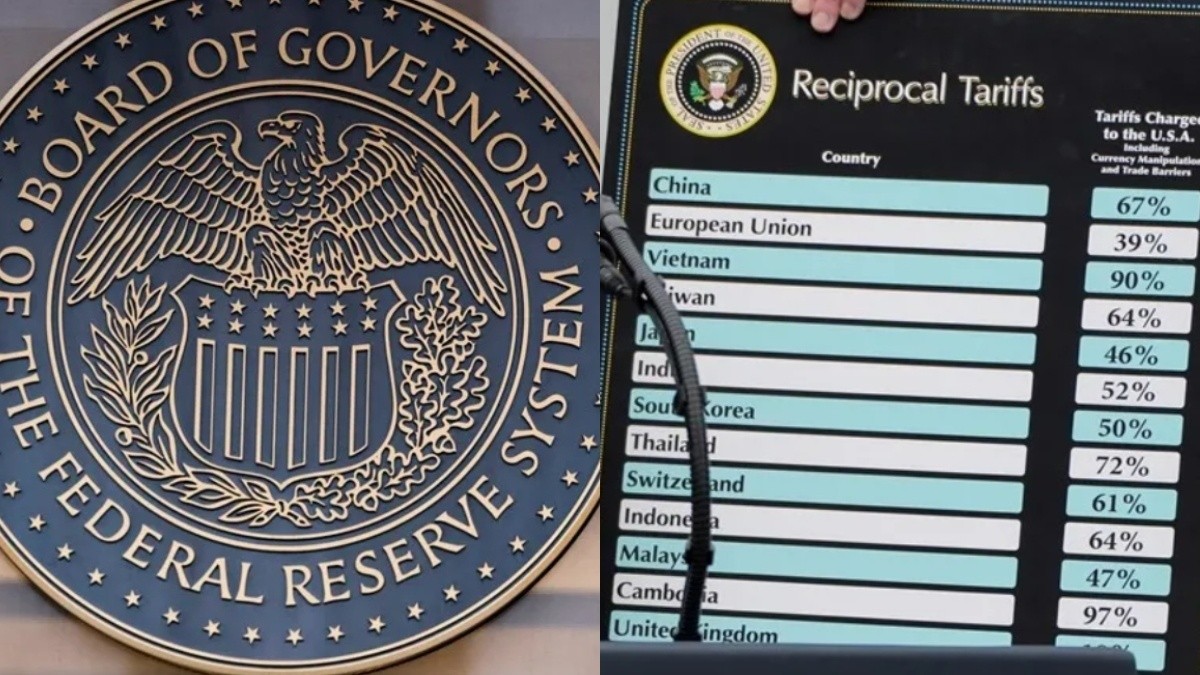
The tariff policy Introduced by President Trump, this move has created waves within the corporate sector, impacting businesses spanning multiple industries. A prime example of this is Cisco Systems Leading in technology equipment, Cisco is under close observation from analysts regarding their reporting on tariff impacts on financial outcomes. Although they have a largely optimistic forecast driven by robust demands for data centers and corporate tech solutions, there’s anticipation that margins might face some erosion attributed to these tariffs, according to insights provided by Vital Knowledge analysts.
Another significant competitor under pressure is Sony Corp The large Japanese corporation anticipates a considerable decline in its operational profits for the fiscal year beginning in April, with estimates indicating a cost of 100 billion yen (around $8.7 billion) due to U.S. tariffs. This sizable expense is anticipated to prevent growth in Sony’s yearly earnings. In response to these increased duties, Sony is taking proactive measures and formulating strategies for multiple potential outcomes; however, this forecast doesn’t factor in the most recent U.S.-China trade pact.
Within the logistics industry, firms such as FedEx and United Parcel Service (UPS) are dealing with the intricacies of 'de minimis' tariffs on low-value imported parcels. Companies managing large volumes of direct-to-customer deliveries from affordable online sellers such as Shein and Temu encounter a fixed U.S. duty rate of 30% for these consignments. This change came about after top-tier talks resulted in lower duties on goods coming from China.
Although the exact financial effects on FedEx and UPS relative to other logistics businesses aren’t specified, the distinctive regulations and tariff rates imposed on them indicate substantial consequences for both their expense frameworks and those of their customers. This underscores the wider difficulties faced by logistics enterprises within the present tariff framework.
The automotive industry is also grappling with the effects of a 25% tariff on imported cars, trucks, and parts. Although the decline in Ford's stock is linked to a vehicle recall rather than tariffs, the automotive tariffs have sent shockwaves through the industry. Companies heavily reliant on imported components are particularly vulnerable, as these tariffs disrupt supply chains and increase production costs.
In general, the tariff policy has established a complicated environment for enterprises, necessitating strategic modifications and fiscal readjustments. Businesses are not just addressing rising costs at present but are also mapping out possible shifts in trade policies down the line.

Posting Komentar
Posting Komentar